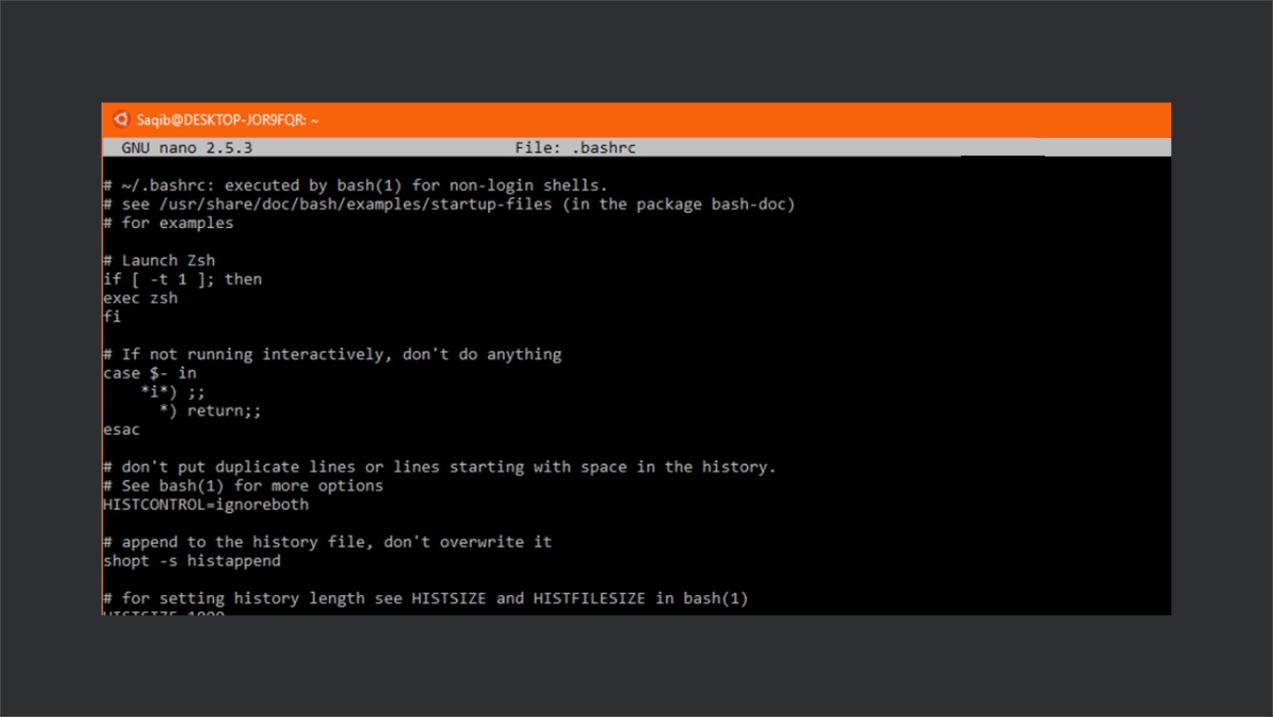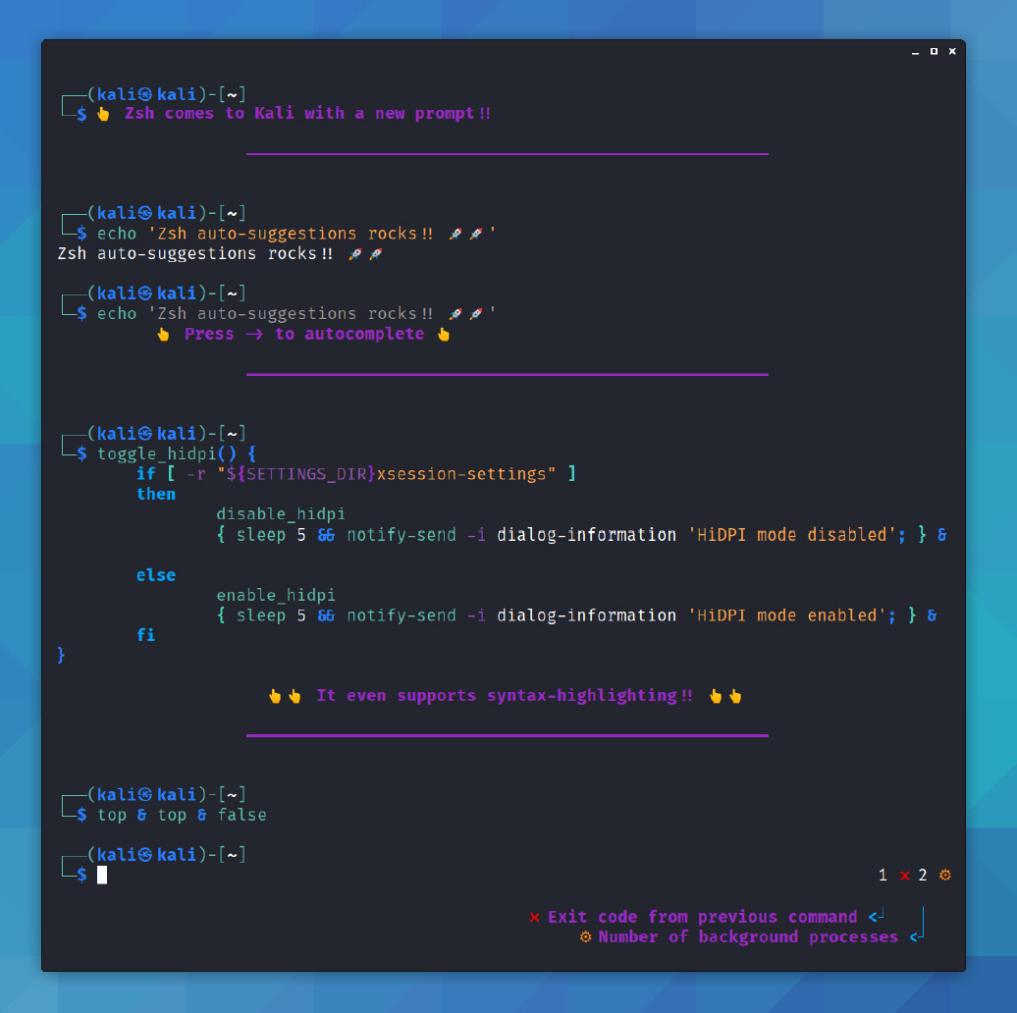Zsh Plugins: A Comprehensive Guide to Enhancing Your Shell Experience
Zsh, a popular Unix shell, offers a wealth of possibilities for customization and enhancement through the use of plugins. These plugins extend the functionality of the shell, allowing users to tailor their experience to their specific needs and preferences. This article provides a comprehensive guide to Zsh plugins, covering their types, installation, management, popular plugins, custom plugin development, troubleshooting common issues, and more.

Types Of Zsh Plugins
- Theme plugins: Customize the look and feel of the shell, including colors, fonts, and prompts.
- Productivity plugins: Enhance command history, autocompletion, and navigation, making the shell more efficient and user-friendly.
- Utility plugins: Provide additional functionality like file management, system information, and network tools, extending the capabilities of the shell.
- Language plugins: Add support for programming languages and frameworks, enabling developers to work more effectively from the shell.
Installation And Management Of Zsh Plugins
Zsh plugins can be installed manually or through plugin managers, such as Oh My Zsh, Antigen, and Zgen. These managers simplify the installation and management of plugins, making it easier to keep them up to date and avoid conflicts.
- Methods of installing Zsh plugins: Manual installation involves downloading and copying plugin files to specific directories, while plugin managers automate the process and provide additional features like plugin discovery and updates.
- Managing plugins: Once installed, plugins can be enabled, disabled, updated, and removed as needed. It's important to keep plugins up to date to ensure compatibility and security, and to avoid plugin conflicts that can cause unexpected behavior.
Popular Zsh Plugins
There are numerous popular Zsh plugins available, each offering unique features and functionality. Some of the most widely used plugins include:
- Oh My Zsh: A comprehensive framework with a vast collection of plugins, themes, and utilities, providing a customizable and powerful shell environment.
- Powerlevel10k: A popular theme plugin known for its extensive customization options, allowing users to create visually appealing and informative prompts.
- Autosuggestions: A plugin that provides intelligent command suggestions based on command history, making it easier to recall and execute commands.
- Zsh-syntax-highlighting: A plugin that highlights syntax in the command line, making it easier to identify errors and understand complex commands.
- Fzf: A plugin for fuzzy file and command searching, enabling users to quickly find files and commands by typing a few characters.
Creating Custom Zsh Plugins

Users can create their own custom Zsh plugins to extend the functionality of the shell even further. This requires understanding the Zsh plugin architecture and writing code to define functions, aliases, key bindings, and other features.
- Understanding the Zsh plugin architecture: Zsh plugins are typically written in the Zsh scripting language and follow a specific structure. It's important to understand this structure and the available hooks and functions to create effective plugins.
- Writing a basic Zsh plugin: Creating a basic plugin involves defining functions, aliases, and key bindings. These can be used to add new commands, enhance existing commands, or modify the behavior of the shell.
- Advanced plugin development: More advanced plugin development involves creating complex plugins with modularity and reusability. This can include using object-oriented programming techniques, creating plugin dependencies, and managing plugin state.
Troubleshooting Common Issues
When using Zsh plugins, users may encounter various issues, such as plugin conflicts, plugin errors, and performance issues. It's important to be able to troubleshoot these issues to ensure a smooth and reliable shell experience.
- Resolving plugin conflicts: Plugin conflicts can occur when multiple plugins try to modify the same aspect of the shell. Identifying and resolving these conflicts is essential to ensure proper functioning of the shell.
- Fixing plugin errors: Plugin errors can be caused by various factors, such as syntax errors, compatibility issues, or incorrect configuration. Debugging and resolving these errors is necessary to keep the shell stable and functional.
- Performance optimization: Some plugins can slow down the shell if they are not properly optimized. Identifying and addressing these plugins can improve the overall performance of the shell.

Zsh plugins offer a wealth of possibilities to enhance the user experience, from customizing the look and feel of the shell to adding powerful new features and functionality. By understanding the types of plugins available, how to install and manage them, and how to create custom plugins, users can tailor their shell to their specific needs and preferences. With the right plugins, Zsh can become a more productive, efficient, and enjoyable tool for everyday use.
YesNo

Leave a Reply